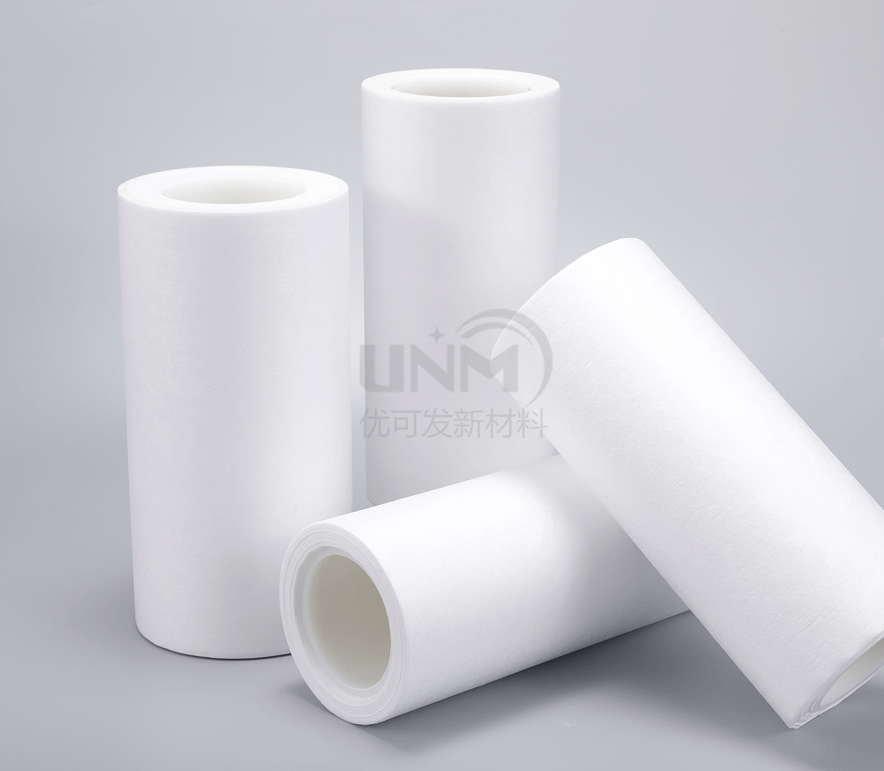There are four common organic fertilizer fermentation methods: tank fermentation, stack fermentation, high-temperature sealed fermentation tank and Nano compost film covering fermentation.

Trough fermentation requires the construction of an above-ground or underground fermentation tank. Guide rails are laid on the partition walls on both sides of the fermentation tank. The turner moves on the guide rail, and the system is equipped with a rail changing mechanism to realize the conversion between different fermentation tanks.
Bar-stack fermentation does not require the construction of a fermentation tank. The manure is piled on the hardened flat land into bar-stacks with height and width. The turner rides on the pile and rotates the drum or auger to send natural wind from both sides of the pile into the pile to provide oxygen and achieve compost fermentation.
High-temperature closed fermentation tank fermentation is carried out in a closed fermentation tank where temperature, ventilation and stirring can be controlled artificially. It has no odor and a fermentation cycle. It has the advantages of short length and low nutrient loss, but the cost of fermentation tank equipment is very high and the single processing volume is small, so it is suitable for poultry farms.
Nano Compost Membrane Composting is a method of composting that does not require turning the pile. The elimination of turning the pile during operation can save a lot of labor and labor. Energy consumption, after being covered by the membrane, the aeration at the bottom can provide the microorganisms in the pile with enough oxygen required for fermentation. As the temperature rises, macromolecules of odorous gases such as ammonia and hydrogen sulfide escape, butNano The microporous structure of the compost membrane can prevent external moisture from entering, but it can allow small water molecules to pass through, but large molecules such as ammonia and hydrogen sulfide cannot pass through.
Nano composting film technology has better odor control effect. Compared with open composting system (strip composting), during the composting process It can reduce ammonia emissions by 74.15%~87.94%; the investment and operating cost advantages are obvious. Taking the daily treatment of 8m³ of feces as an example, compared with the closed compost reactor, the total investment in infrastructure and equipment of membrane composting technology is reduced by about 50%, and the solid waste The operating cost of composting is reduced by about 30%, and its application prospects are broad. Interested parties can enter the store for consultation.
</p







